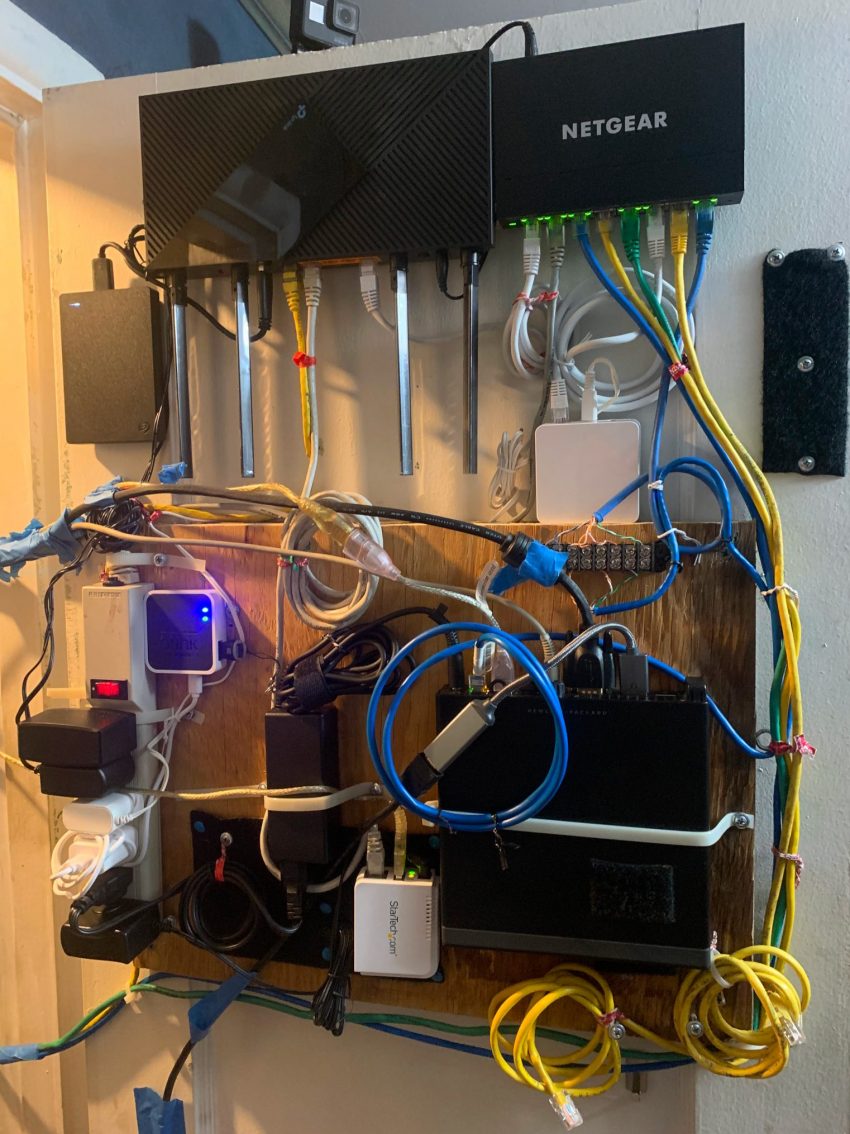Most internet service providers (ISPs) provide their customers with a router to use but we often overlook the powerful benefits gained from using our own router instead.
Cost savings
One of the most obvious benefits of using your own router is that it can save you money in the long run. ISPs typically charge a recurring fee to rent a router, and this fee can add up over time. If you buy your own router, you will only have to pay for it once.
Improved performance
Another benefit of using your own router is that it can significantly improve your internet performance. ISP provided routers are often not as powerful as routers that you can buy on the open market. This means that you may experience slower speeds or less reliable connections if you use an ISP provided router.
Enhanced security
Using your own router can also improve your network’s security. ISP provided routers often have outdated security features that can leave your network vulnerable to attack. If you buy your own router, you can choose one that has the latest security features to protect your network from hackers.
More control
Using your own router gives you more control over your network. You can choose which settings you want to use, and you can make changes to the network as needed. This can be helpful if you have a lot of devices on your network or if you want to customize the settings to your liking.
Challenges of changing routers
There are a few challenges that you may face when changing routers. First, you will need to make sure that your new router is compatible with your ISP’s service. Second, you will need to configure the router to work with your network. This can be a bit daunting if you are not familiar with routers.
Resources for learning more
There are a number of resources available to help you learn more about routers and how to change them. You can find tutorials, videos and more in depth articles online. I am also planning a longer form whitepaper on the topic, with detailed analytics concerning the cost savings and performance improvements that can be expected with different configurations. You can join my mailing list or check my blog (both at justinbethea.com) to read that when it comes out.
Next steps
If you are interested in using your own router, there are a few things you need to do. First, you need to decide which router you want to buy. There are a number of factors to consider when choosing a router, such as the features you need, the size of your home, and your budget.
Once you have chosen a router, you need to configure it to work with your network. This process will vary depending on the router you choose. However, most routers have a user-friendly interface that makes it easy to configure them.
Finally, you need to contact your ISP to let them know that you are using your own router. They will need to update your account information and stop billing you for the router rental fee. Remember to return unused equipment promptly to the ISP, charging top dollar for obsolete “un-returned equipment” is one of their favorite plays.
Conclusion
Using your own router can offer a number of benefits, including cost savings, improved performance, enhanced security, and more control over your network. If you are considering changing routers, there are a few challenges that you may face. However, there are also a number of resources available to help you learn more and get started.
